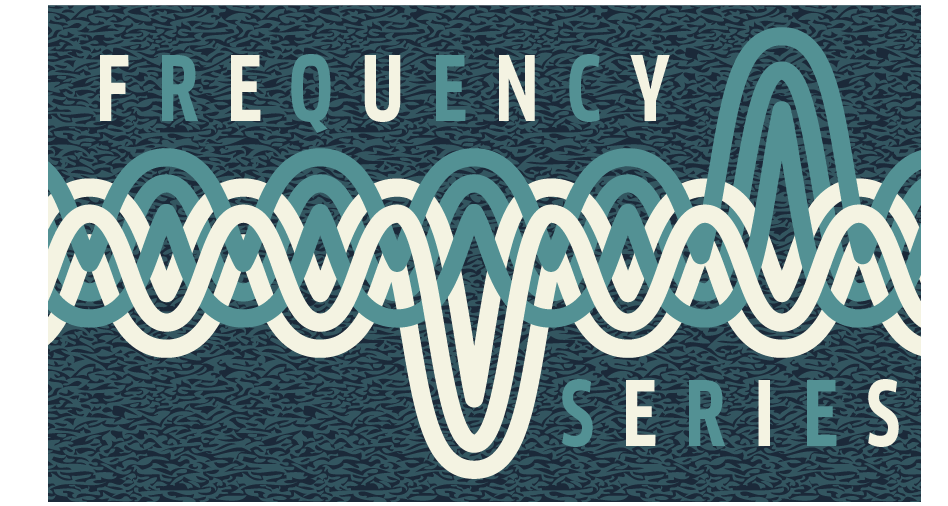Brazilian expat Ricardo Dias Gomes digs deeper into his interior sound world
Ricardo Dias Gomes
One of my favorite recordings of 2015 was a modest album by Brazilian musician Ricardo Dias Gomes, a collection of quietly subversive music that toggled between ineffably tender and deceptively dark. Gomes, who know lives in Lisbon, was the bassist on the excellent series of recordings Brazilian giant Caetano Veloso cut with a scrappy rock band earlier in the current century, a late career spasm that only reinforced his genius and knack for reinvention. Everyone in that trio was deeply musical, and on his debut -11 Gomes retained the hushed touch of bossa nova--his singing conveyed the dreamy sibilance of Joäo Gilberto--in a nakedly intimate setting veering between abstract ambience and whispered entreaties.
He played everything on the record, overdubbing bass, keyboards, voice, and some guitar. The following year he performed an intimate show at Experimental Sound Studio in Chicago that failed to match the pitch-perfect vibe of the record. This summer I was able to spend some time with him in Lisbon and he recalled the show with a shiver, recalling how it started off a small US tour with a thud. I didn't think it was that unsuccessful, but he clearly hadn't mastered his solo set-up at that point.
Last month he dropped a much-anticipated follow-up that resides in a similar sonic space, although it pushes toward noise and turbulent soundscapes on certain songs. Aa (Kill Shaman/SDZ) unfurls eight sparse tunes in a mere 21 minutes, covering lots of terrain. He moves from the thudding low-end grime of the opener "Precípio," where Gomes intones ominous-sounding spoken word over stuttering kicks, squelchly electronic smears, and wind tunnel hums, into "Tela Parada," another electro-spasm where beats and synthetic bass tones collide with his spoken voice and noises that suggest he was using a contact mike on some object dragged around his studio--but then a groove kicks in halfway through. A number of guest musicians including Caetano's son Moreno, Arto Lindsay, and Pedro Sá--the brilliant guitarist who plays alongside Gomes in Veloso's rock band--help out here and there, but the bassist is responsible for most of the sounds.
On "Fogo Chama" he invokes a sweetly psychedelic melody with twinkling keyboard lines, but it’s interrupted by ungodly electric bass spasms that suggest thunderclaps sneaking up on an idyllic day in the park. There's a bruising post-punk vibe on "Paranormal," where the expected hardcore explosion from his descending bass line erupts first with a brief drum blast and later a wash of fuzzed-out feedback, but the resolution is denied. As much as I love those more austere excursions into sonic extremes, I'm most fond of Gomes' lyric side, something stunningly displayed on "1 2 3 Nenéns," where clarinetist Joana Querioz plays delicate overdubbed unison lines with his ambling acoustic guitar part. Check it out below. Next spring Gomes expects to release a new record made with some musicians in New York that delivers a more extroverted sound, proof of his impressively curious, impatient artistic instincts. He's playing solo here in Rome on Sunday evening at a spot called Fanfulla (the show isn’t listed, but Gomes assures me it’s happening) and I'm excited to where he's taken his sound.
Today's playlist:
Vilhelm Bromander's Initiativ, Allt Åt Alla (Signal and Sound)
John Luther Adams, Clouds of Forgetting, Clouds of Unknowing (New World)
Lisa Ullén, Piano Works (Disorder)
Fred Frith, Clearing (Tzadik)
Major Stars, Motion Set (Drag City)




